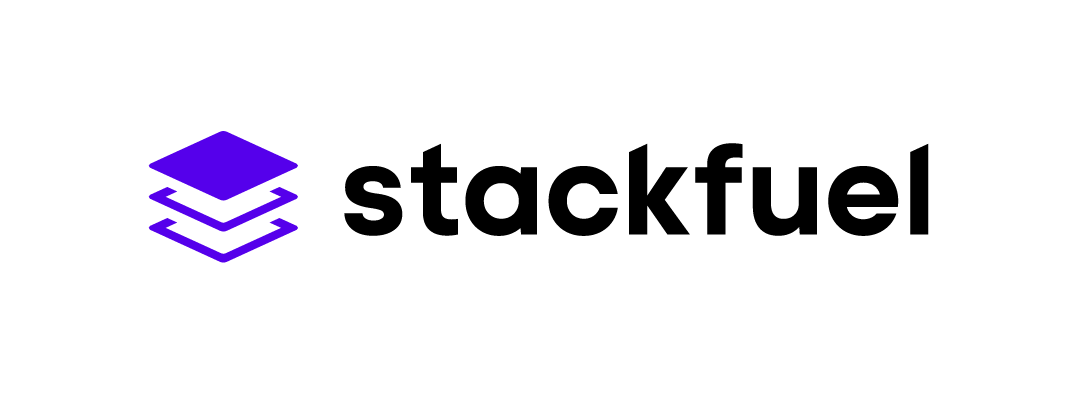Data Scientist with Python
Data pipelines with machine learning algorithms and Python - the online training with certificate of completion


The online training course has been tested and approved by the State Central Agency for Distance Learning (ZFU) in Cologne under the number 73597.
Contents
1. basics of data analytics with Python
- Working with the Data Lab.
- Basics and concepts in Python.
- Presentation of the tools pandas, matplotlib and seaborn.
- Database queries with SQL Alchemy.
2. linear algebra
- Mathematical background.
- Basic concepts of linear algebra.
- Calculation with vectors and matrices.
- Use of the Python library numpy.
3. probability distribution
- Statistics in data science algorithms.
- Discrete and continuous distributions.
- Versioning of code in Git.
4. supervised learning (regression)
- Use linear regression.
- Use of the Python package sklearn.
- Understanding regression models.
- Evaluation of the forecasts.
- Bias variance trade-off and regularization.
- Measurement of model quality.
5. supervised learning (classification)
- Concepts of supervised learning.
- Introduction to classification algorithms.
- The k-Nearest Neighbors algorithm.
- Assessment of the classification performance.
- Optimization of the parameters.
- Division of the data into training and evaluation sets.
6. unsupervised learning (clustering)
- Concepts of Unsupervised Learning.
- The k-Means algorithm.
- Evaluation of performance metrics.
- Alternatives to k-means clustering.
7. unsupervised learning (dimension reduction)
- dimensions in the data analysis.
- Principal Component Analysis (PCA).
- Generate uncorrelated features from original data.
- Introduction to feature engineering.
8. identify and exclude outliers
- Methods for detecting outliers.
- Criteria of unusual data points.
- Robust measurements and reduction of influences due to outliers.
9. collect and merge data
- Read data from web pages and PDF documents.
- Use of regular expressions.
- Structure text data before processing.
10. logistic regression
- Concepts of logistic regression.
- Performance metrics for evaluation.
- Use non-numerical data in models.
11. decision trees and random forests
- The concept of Decision Trees.
- Combine several styles to create ensembles.
- Methods for improving the prediction quality.
12. support vector machines
- Use of Support Vector Machines (SVM).
- Introduction to Natural Language Processing (NLP).
- Text classification with bag-of-words models.
13. neural networks
- Basics of artificial neural networks (ANN).
- Basics of deep learning.
- Deeper understanding of the layers in KNN.
14. visualization and model interpretation
- Derive and illustrate how models work.
- Methods for interpretation and visualization.
- Apply model-agnostic methods.
15. use distributed databases
- Use the Python package PySpark.
- Read data from distributed databases.
- Basics of big data analysis.
- Using machine learning algorithms in distributed systems.
16. exercise project
- Work independently on a comprehensive exercise project.
- Solve prediction problem using a larger data set.
- Preparation for the final project.
17. final project
- Independent analysis of the data project.
- Presentation of results and 1:1 feedback meeting with mentor team.
- Receipt of the certificate for Data Scientist with Python.
How do you learn in the course?
This online course offers you a particularly practice-oriented learning concept with comprehensive self-study units and a team of mentors who are available to you at all times. A new chapter is unlocked for you every week. With a time budget of around 6 hours per week, you are sure to reach your goal in 17 weeks. This is how you learn in the course:
Data Lab: In the course's learning environment, you can expect videos, interactive graphics, text and, above all, lots of practical exercises with comprehensive datasets and coding tasks. You carry these out directly in the browser - without any installation or configuration effort and with direct success control.
Mentor team: Your learning coaches are available to answer any questions you may have. They are experienced data analysts who will be happy to help you - via chat, audio or video call.
Webinars: Once a week, you have the opportunity to take part in webinars and immerse yourself in selected specialist data analysis topics.
Career coaching: What professional goals are you pursuing with your further education and how can you achieve them? A team of mentors is ready to help you achieve your career goals.
Final project: In your own data project, you will work independently through the entire data pipeline and answer typical questions. At the end, you will present your project in a 1-to-1 feedback session with your mentor team.
Certificate: After the final project, you will receive your official certificate as a Data Scientist with Python.
This online training is provided by our partner StackFuel GmbH. StackFuel specializes in training courses on data literacy, data science and AI.
Your benefit
In this practice-oriented training course, you will learn how to carry out data analyses with large data sets independently .
You will learn how to use Python competently, how to use the programming language for data evaluation and how to create effective visualizations.
You will learn how to connect different data sources, filter data in them and merge them.
You will learn about machine learning methods, algorithms and technologies and how to use them with Python packages.
You will learn everything you need to know about the use of deep learning and create an artificial neural network with multiple layers.
After the training, you will be able to examine company data, visualize it in a meaningful way and make it interactively accessible in dynamic dashboards.
The technical entry hurdles are minimized by the use of Jupyter notebooks , with which you can carry out the programming exercises directly in the browser.
Recommended for
Anyone looking for comprehensive training on machine learning and data pipelines. Basic knowledge of Python is required. The training is also suitable for career changers.
Further recommendations for "Data Scientist with Python"
30354
Can also be booked as English-language training:
Data Scientist with Python










